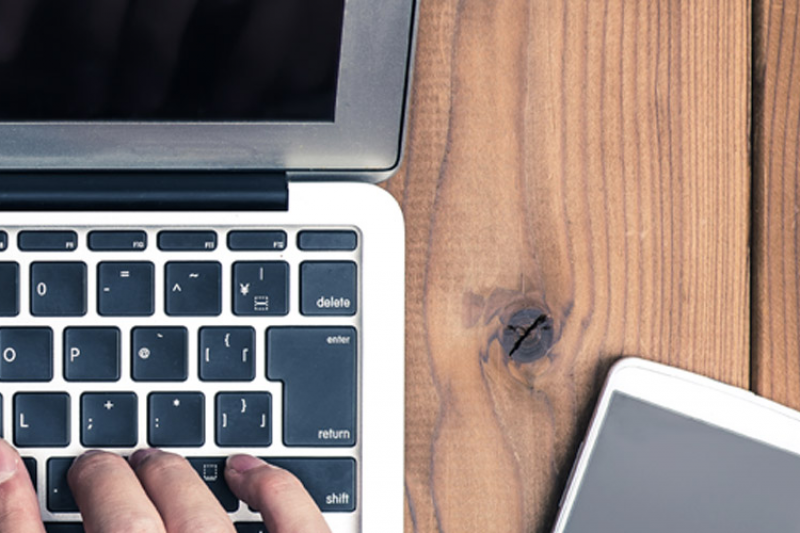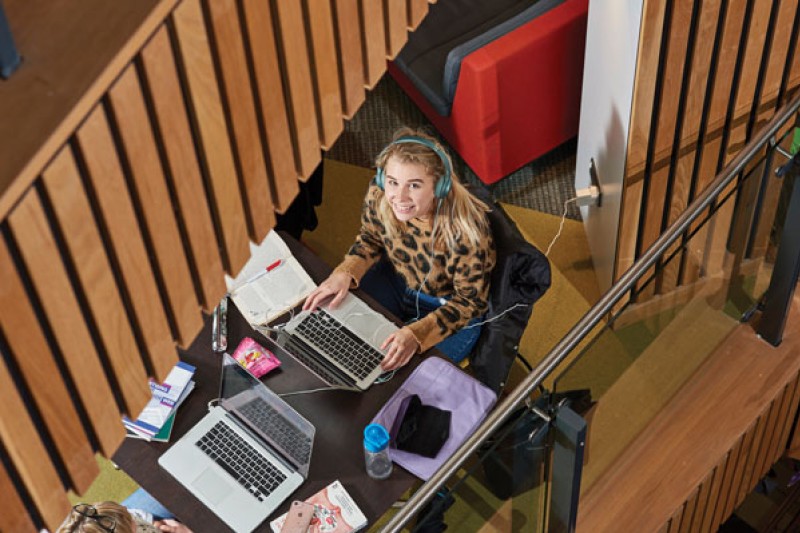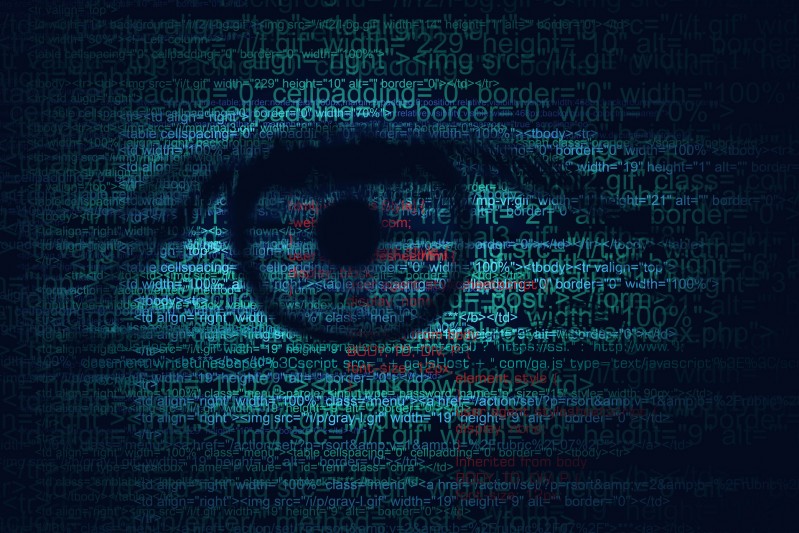To ensure you have access to any IT equipment or software you need to participate in your course you can either use your own laptop or find a PC on campus.
If you do not have your own laptop or need financial support to buy one for your studies, please check our BU Laptop Support Fund page for information.
Accessing our internet
Internet connection – broadband/WiFi
You'll find free WiFi across Talbot and Lansdowne campus and in all campus buildings, as well as on our UNIBUS service. If you’re living in a halls of residence building, you will also have access to the internet via a wireless network.
If you connect to BU’s on campus Wi-Fi using a personal device such as a phone, tablet, or laptop you will be able to access the internet but not any internal BU services such as your H: or P: drive. To print from a personal device please use the email to print service, and for access to other internal BU services please use the Horizon virtual desktop or a BU managed computer.
By connecting to the BU wired or wireless networks, you must abide by the BU Acceptable Use Policy.
If you are at home or around the local area, you will need an internet connection to access BU systems and log-in services. To ensure a good online experience, we recommend that you use a minimum internet broadband speed of 10Mb/s download, 1 Mb/s upload speed – about 90% of broadband internet connection speeds meet or exceed this. The higher your broadband speed, the smoother and faster video streaming, internet searching, and file downloading will be. A broadband speed of 30Mb/s+ is preferable when there are multiple users.
You can test the internet speed you are getting at various websites like www.speedtest.net or www.fast.com.
Security with public WiFi
To limit the chance of a security breach on your personal computer, BU recommends avoiding WiFi connections that are accessible to the general public e.g. free WiFi in a café. If you do choose to use public WiFi, there are safe practices that everyone can follow to limit the chance of a security breach:
- Encrypt (e.g. password protect) files/documents before sending over the internet, so even if someone managed to steal your documents, they would find it hard to open them. (See page 5 of the Mobile Security Manual).
- Do not access personal information over public WiFi, as other people could record your activity from their device’s screen or record it from a distance using a camera
- Read this IT Knowledge Base article on managing data and information on your personal computer.
- Use a VPN connection on your device to encrypt your internet traffic. Everything you send and receive on your computer/phone/tablet would be hidden from the public WiFi to which you attach your device. This is considered a good security approach. There are many paid and free VPN services available. We recommend you use a well-known brand and/or check out that the VPN service is legitimate and secure.
Connecting to BU (accessing BU computers and software)
Check how you can connect from your personal computer to use the applications and software available on BU computers - visit Brightspace.
Using your own computer
Connecting to a BU computer
There are various options for connecting to the university from a personal device in order to use the applications and software available on BU computers – both for timetabled online sessions and for self-study. The most appropriate solution will depend on the speed of your internet connection, the programme you’re on and the tools and applications you need access to. Take a look through the resources on Brightspace - click 'Studying Remotely? Connect to BU' on the homepage, or find the page link under Useful links or the Help Page - to establish the best solution, and to access user guides and videos.
If you are unsure on which IT solution to use, or which applications you might need access to for a specific teaching session, please speak to your programme leader.
Updates and security
You should always update your personal devices with the latest software and operating systems. Out of date systems and software run the risk of being open to security threats and you may also be unable to use certain applications. Please see page 10 of the Mobile Security Manual for details on how to do this.
It's important that you know how to protect your own devices and personal information, so we've put together some useful links and guides which show you how to do this. Visit our Secure your device page for more information.
Microsoft Office
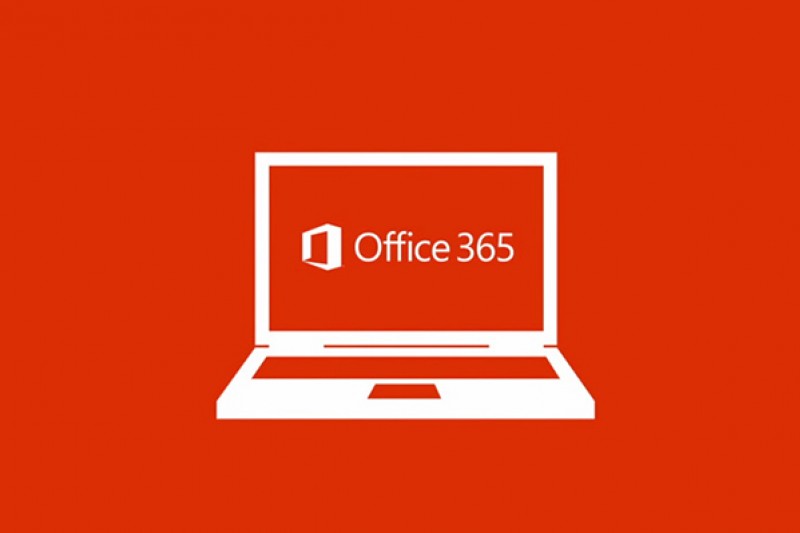
As a BU student, it’s free for you to download and use Microsoft Office 365 while you are studying. This includes the latest versions of Word, Excel, PowerPoint and other Microsoft applications, such as Teams and OneDrive.
- Teams – This app is recommended for collaborative activities and file sharing as well as 1-to-1 sessions/appointments with your teaching staff. For help and support with using Microsoft Teams take a look at these Microsoft videos.
- OneDrive - gives you a large amount of cloud-based storage. For more information on using OneDrive, take a look at this storing your work information, or read this IT Knowledge Base article to get started. You can also find OneDrive help and video tutorials from Microsoft.
- Outlook - Here's some guidance on how to install Microsoft Outlook to access your emails on an Android or an Apple device.
As a BU student, you’re able to install Office on up to five personal devices, along with mobile applications for your phone. Both Apple and Android tablets are also able to download Office applications from their respective App stores - you will be able to login to the App with your BU email address and password.
Visit https://www.office.com/ and log in with your BU email address and password to get started.
AppsAnywhere
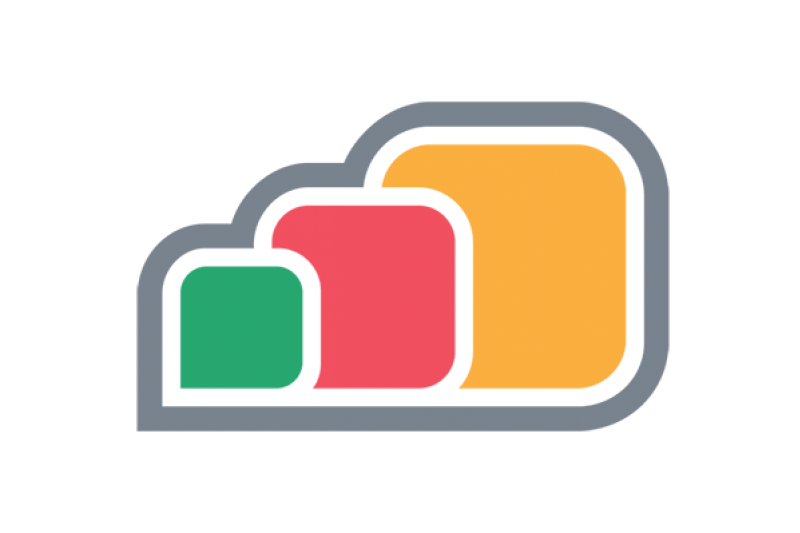
AppsAnywhere is a web-based catalogue that provides easy access to a wide range of applications. AppsAnywhere will automatically open when you login with your student account details on any BU Windows PC across campus. Some applications can also be used off-campus or on a non-BU computer, as long as it’s running Windows 10+. Please note: Access to some applications may be subject to the course you are studying.
For information on how to access AppsAnywhere on your personal computer please follow the instructions in our Setting up AppsAnywhere guide.
Looking out for your wellbeing
It’s important to consider all aspects of your wellbeing when you’re online – from your physical health and wellbeing to online safety and mental wellbeing:
- As well as thinking about the physical issues of increased online activity (e.g. eyestrain or poor posture) consider your mental wellbeing. Take regular breaks and exercise and interact with others in the ‘real world’ when you can.
- It is easy to feel isolated, particularly if you don’t have your normal support network, but there is lots of support available if you need it. The BU Student Health and Wellbeing pages have useful contacts and information.
- Remember that social media is never private and anything you post can be seen by future employers amongst others. Also make sure that anything you post could not be interpreted as offensive or illegal, even if that wasn’t the original intention, as you could be breaching BU’s Social Media Policy.
- Keep yourself informed of security risks and IT phishing scams in order to protect yourself, your work and your personal information when working online. Take a look at our IT security pages, with guidance on staying safe online.
Accessing BU computers
Find a PC on campus
At Talbot Campus you can access computer facilities 24/7 in the Sir Michael Cobham Library, ground floor. The Weston Library on Lansdowne Campus has PCs available out of teaching hours, including overnight and at weekends.
Each machine has the core BU applications, including Microsoft Office, the Adobe CC suite and SPSS, and can be used with either staff or student credentials. You can also use the AppsAnywhere portal on all BU Windows computers, giving you access to software relevant to your course. There are also colour and black and white printers with scanners available at both locations.
How to book PCs and study spaces
- Lansdowne Campus - PCs in the Bournemouth Gateway Building (BG - G16) are bookable via MyPC out of teaching hours (7pm-8am, Monday - Friday, and all day Saturday and Sunday)
- Talbot Campus - the PCs and Technobooths at The Sir Michael Cobham Library are are bookable via MyPC
- Technobooths in the Student Centre
- Computer labs – some with specific software/hardware for your course. Speak to your course leader about these facilities.
- Other study spaces are also available to book.
When using the PCs on campus
There are a few things to be mindful of when using these facilities to ensure no loss or damage to equipment and/or your own possessions - please read the below for guidance:
- Keep your personal belongings safe and don’t leave bags, coats etc unattended - BU will not accept any liability for your personal property and we recommend you insure your possessions
- Lock your computer if you leave it for a short period, or logout when you have finished for other users to access
- To prevent loss of work, check where you are saving to and make sure you always save work to your network H drive
- Remember to take removable media, and your earphones and phone charger cables, with you when you leave
- Wireless access and blue (guest) network sockets are provided for the connection of portable computers but please do not disconnect power/network cables used by BU desktop PCs
- Use the recycling bins to keep the area clean and tidy for everyone
- Consider others and work quietly
- Users of the University’s IT systems and facilities must do so in a way which does not interfere either with other users or with the operation of the systems
- As always, please be mindful of the Acceptable Use of IT Policy.
How to contact IT Services
You can contact our IT Service Desk 24 hours a day, seven days a week, if you need support with any BU-related hardware or software. We can also provide limited support for a personal device - this will depend on the device and the issues you’re experiencing.
Call Freephone: 0808 196 2332 or +44 (0)1202 965515 from outside the university or raise a job or request and chat to our team online in the BU IT Service Portal. Here you can also search for self-help IT Knowledge Base articles.
Audio and visual equipment
We have a range of audio-visual equipment available for loan.
This includes:
- Data/Video Projectors
- Digital Voice Recorders
- Video Cameras
- Turning Point handsets
To borrow AV equipment you will need to register in SISO (the AV booking system), you can also register using a PC in The Sir Michael Cobham Library.
The loan service at Talbot Campus is located in Poole Gateway Building (PG-G12).
Call: 01202 962263
Email: [email protected]
Opening hours:
Monday - Thursday - 9am - 4:30pm
Fridays - 9am - 4pm
Printing your work
Your BU student ID card, which you will be given at your enrolment session, acts as your library card and also stores print credits - you just need to swipe your card to retrieve your printing at any of the printers provided by BU. You can top up your print credit online. Costs for printing per page are: Mono (A3/A4) 3p, Colour (A3/A4) 18p.
At BU we have a service called ‘Follow Me Printing’. This means you are able to print from anywhere on campus to any printer. Follow the below links for simple how to guides for the university printers:
Printing from your personal device
Send documents, emails, or images directly from a personal mobile, tablet or laptop to any printer at BU without the need to log into a BU computer. Simply email your printing to [email protected] - your BU email address is automatically linked to your printing account and print credit balance, however, if you want to send something to print from a personal email account, you must register your email when you’re on the BU network (on campus and connected to the WiFi). When you first email [email protected], you will get an automatic reply with simple instructions on how to do this.
When you log into any printer at BU (using your BU credentials or your ID card) your documents will be displayed on-screen ready for printing. Please note, they may take up to 15 minutes to appear in your print queue and will only remain in the queue for 24 hours, after which time they will disappear if not printed.
Please ensure you collect your printing promptly, and do not leave any printed material unsecured or laying on the printer as this could be lost, taken or recycled.
Storing your work
Each student has a personal OneDrive as well as a personal file space called the H drive (student home drive). We recommend you save your work to your OneDrive as is this available from anywhere, you can also save to your H drive when you are using university machines. We strongly recommend your course work is backed up to another storage device such as a personal laptop or memory stick. Please note storage on your H drive is limited to 10GB.
OneDrive
OneDrive is a cloud-based storage facility operated by Microsoft. It will allow you to securely store data and files without the need to carry a physical storage device around with you - you can access your files from anywhere, as long as you have an internet connection.
As a Bournemouth University student, you receive one terabyte (1TB) of free storage with Office 365 on OneDrive.
You can set OneDrive to sync up with your laptop/desktop. This means your work will automatically be backed up to OneDrive if autosave is enabled. Please note storage on your H: drive is 10GB. We would highly recommend using OneDrive as an alternative or as a backup.
For more information, view this guide on OneDrive Storage.
Purchasing a personal computer
General computer advice
If you're planning on investing in a new laptop or other device to support your study we recommend that your computer is less than four years old with up-to-date anti-virus software installed for security reasons.
Screen size and laptop weight is down to personal preference, but in general you should consider a screen of at least 12-inches or larger and a weight of no more than 1.6Kg to ease portability. To access and participate in remote teaching sessions (e.g. lectures, tutorials or supervision meetings), and help you stay in touch with your peers, you will need to ensure that the device you are using has a webcam, microphone and speakers.
For a computer experience like that on campus, you may wish to use a Windows 10+ or Apple Mac computer. What you use your laptop for will determine which type and specification is most suitable for you - your course leaders will be able to advise if there are any recommended IT specifications for your course.
Below are some general recommendations if you are considering purchasing a laptop computer for your course:
Purchasing a basic laptop computer
- Example: a Chromebook laptop - approx. £250+
This type of device tends to have a long battery life and will allow you to browse the internet and use Microsoft Office tools such as Word, Excel and PowerPoint (available free to BU students from office.com) without any problem. This type of device is not built to have applications installed onto the device itself. For this reason, a good internet connection is important when using this type of device. Instead, you would use applications and tools via the internet or through BU’s Horizon Virtual Desktop system - Simply download VMware Horizon Client from the Google Play Store, login with your BU credentials and connect to the server ‘desktop.bournemouth.ac.uk’.
Specification: We recommend models released in the last 3 years, with least 4GB of RAM (memory) and 32GB of storage.
Purchasing a mid-range laptop computer
- Windows example: A general purpose laptop - approx. £500+
This type of device will allow you to do everything a Chromebook does but is recommended if you are looking for a faster laptop with more internal storage available for installing and running Windows-compatible applications (rather than just running them through an internet connection). Should you experience a slower internet connection, or an issue with your broadband, an installed application should continue to run as normal.
Specification: We recommend models released in the last two years, with an Intel Core i5 or Core 5 (10th Gen or above), at least 8GB of RAM (memory) and 256GB of SSD storage.
- Apple Mac example: A general purpose Apple MacBook Air (M2) - approx. £900+ after student discount through UNiDAYS in the 'Shop for University' section of the Apple UK website.
This type of device will allow you to browse the internet, use Microsoft Office tools such as Word, Excel and PowerPoint (available free to BU students from office.com), and also run all but the most demanding Mac applications and the Adobe Suite (purchase may be required). An Apple Mac will not be able to install or run Windows-only applications. While your course teaching may use Apple Macs, much of the software is also available on Windows 10+ and this may provide a cheaper option than buying an Apple Mac. The new Apple Silicon processors (M1, M2, M3) should be compatible with almost all software applications, unless they are particularly old. Please contact your programme leader if you need further information.
Specification: We recommended a device with an Intel M1+ processor, at least 8GB of RAM (memory) and at least a 256GB of SSD storage. Refurbished models can also be bought at a reduced cost.
Purchasing a high-end laptop computer
The mid-range laptop computers should be sufficient for your study, however if you wish to invest in a more powerful computer for additional flexibility, we have included some examples below:
- Example - High powered Windows and/or Linux Workstation Laptop - approx. £1,100+
This type of device is designed for high technology courses such as Games Design and Animation. They are significantly more expensive and tend to be greater in size and weight. They have high powered processors and discrete graphics cards, built specifically for running demanding applications.
Specification: We recommend a device with at least Intel Core i7 or Core 7 Processors (11th Gen or above), at least 32 GB of RAM (memory), at least 512GB of SSD storage (although 1TB is preferable), and a discrete graphics card - NVIDIA GeForce RTX 3070 8GB or above. The screen resolution should be at least 1920x1080 pixels.
- Apple Mac example - High powered Apple MacBook Pro Approx. £2,000+ after student discount through UNiDAYS in the 'Shop for University' section of the Apple UK website.
This type of device is designed for media professionals, such as media production or sound engineering, that require the ability to edit 4K videos or complex multi-track sound files. They are significantly more expensive, are larger and heavier than the mid-range models, and they have high-powered processors and discrete graphics cards.
An Apple Mac will not be able to install or run Windows-only applications. While your course may use Apple Macs for teaching, much of the software is also available on Windows 10+ and this may provide a cheaper option than buying an Apple Mac. Please contact your programme leader if you need further information.
Specification: We recommend the MacBook Pro M3 Pro with a 14-inch screen, at least 16GB RAM (memory), 512GB of SSD storage.
The latest Windows 11 copilot+ laptops, with an ARM processor, will have much better battery life and performance, especially for AI activities, however, none of the apps you may need for your course have been tested using this type of device. While most things should work ok, there is a risk that they may not and therefore we recommend avoiding these as your primary computer for the time being.
Discounts on purchasing a computer
If you’re planning on investing in a new laptop, or other device, there are several discounts and offers available to you as a BU student:
- BU has partnered with the StudentStore, an independent provider that works with universities all over the UK, to offer BU students up to 30% discount and enhanced warranty on a wide range of IT kit. This includes Lenovo computers, tablets, monitors and IT accessories, as well as Chromebooks. Simply visit https://www.studentstore.co.uk/bournemouth and register with your BU email address. (Note: you'll need to confirm you're not a robot each time you log in)
- Apple offers university students savings on Macs and iPad purchases via the 'Shop for University' section of the Apple UK website.
- Offers are frequently available through the TOTUM student discount card and the UNIDAYS websites.
Financial support options
For financial support visit our BU Laptop Support Fund page.
